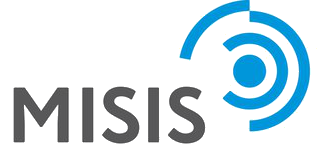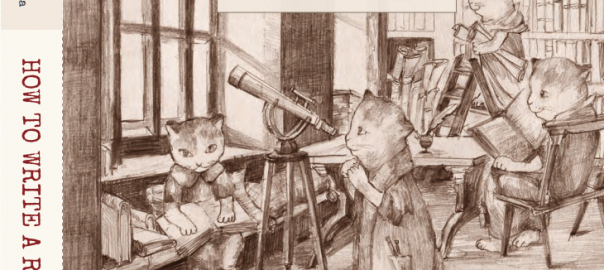
Academic Writing University Center (NUST MISIS) offers free online courses: Rhetorical Strategies for Debate and Writing Research Grant Proposals
Register now!
Course #1: Rhetorical Strategies for Debate
Time: 18:00 to 20:00 on Tuesdays
Duration: 20 April to 8 June
Online platform: Zoom
Course description:
This course is an introduction to the history, theory, practice, and implications of rhetoric, the art and craft of persuasion through
- Analyzing persuasive texts and speeches
- Creating persuasive texts and speeches
Through class discussions, presentations, and written assignments, you will have many opportunities to practice your own rhetorical skills. Via specific reading assignments, you’ll also learn some ways to make yourself a more efficient reader, as you apply your analytical skills on the texts themselves. This combination of reading, speaking, and writing will help you succeed in:
- learning
- reading and thinking critically
- applying techniques of rhetorical analysis
- applying techniques of argument
- enhancing your written and oral discourse with appropriate figures of speech
- applying techniques of oral presentation and the use of visual aids and visual rhetoric.
Upon completion of the course, the participants should be able to:
- Develop and apply rhetorical strategies to determine validity and academic rigor of source material.
- · Expand academic vocabulary to increase class participation and comprehension of academic texts at the graduate level.
- · Employ various reading and writing strategies to improve comprehension and expression for academic purposes at the graduate and post-graduate level.
- · Identify and address elements of rhetoric and persuasion in their own work.
- · Create and deliver presentations of academic material.
- · Use online and campus academic resources and support services.
Course #2: Writing Research Grant Proposals
Time: 18:00 to 20:00 on Thursdays
Duration: 22 April to 10 June
Online platform: Zoom
Course description:
Developing effective grant writing skills is essential in order to acquire competitive funding from government agencies and private foundations. Writing a successful grant proposal is a blend of art and science. It requires basic knowhow, content knowledge, writing proficiency, strong research skills, creativity, organizational ability, patience, and a great deal of luck. This course will provide students with the background necessary to understand the grant application process.
Upon completion of the course, the participants should be able to:
- Apply strategic use of research skills to establish the research territory.
- Understand the fundamental components of a grant proposal such as the abstract or summary, background and significance, specific aims/goals and objectives, project design and methods, sustainability, assessment, broader impacts, and cover letter as well as the overall grant submission process.
- Expand academic vocabulary to increase class participation and comprehension of grant-related academic texts at the graduate and post-graduate level.
- Employ various reading and writing strategies to improve comprehension and expression for academic purposes at the graduate and post-graduate level.
- Create and deliver presentations of academic material.
- Use online and campus academic resources and support services.
Instructor: Leticia Medina

Email: leticiamedinatx@gmail.com
Leticia Medina is a doctoral fellow at the University of Texas at San Antonio (UTSA) in Texas, where she has also been a Lecturer in the Writing Program and an instructor in the English for International Students (EIS) program. Leticia’s teaching experience encompasses instruction in academic writing as well as teaching World and British literature. Most recently, Leticia taught Advanced English for Academic Purposes to international PhD students from a number of foreign countries, including India, Iran, Bangladesh, México, Brazil, China, Russia, and Angola, among others.
Register now!












